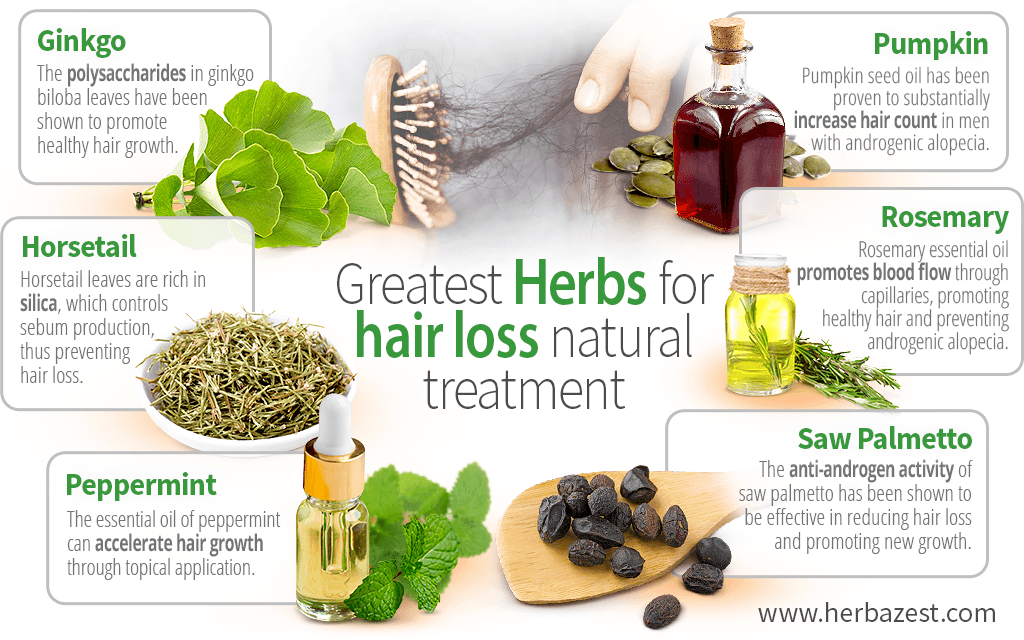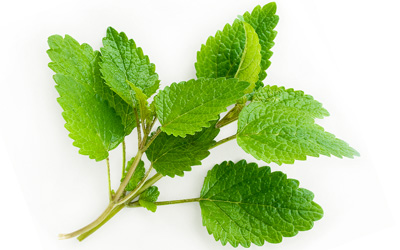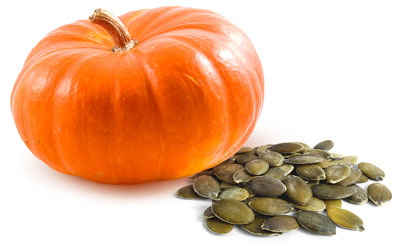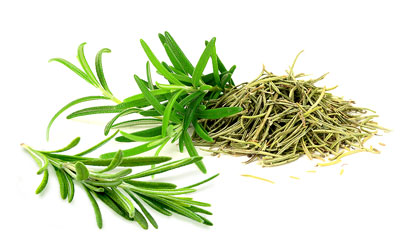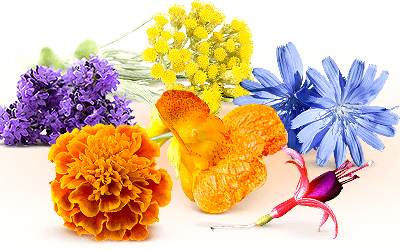Hair loss, scientifically known as alopecia, is not exclusively related to the head as it may also affect other parts of the body. The most common form of hair loss is called androgenic alopecia, affecting nearly 50 million men and 30 million women of different ethnic groups in the United States.1
Androgenic alopecia is characterized by the progressive thinning and loss of hair, which can begin during the teenage years or later in life. However, this type of alopecia is more common in middle-aged men and women.
Types of androgenetic alopecia:
- Male pattern alopecia. The increasing hair loss takes place slowly, over the course of years, and follows a specific pattern of baldness, with a characteristic receding hairline (at the front or the sides of the head), or starting at the crown of the head, creating a circular shaped area without hair. This variety of alopecia is mainly caused by genetic factors and runs in families.
- Female pattern alopecia. This type of androgenetic alopecia rarely ends up in baldness. It is characterized by a mild hair loss and a more pronounced hair thinning. The causes are usually ovarian or adrenal disorders, with menopausal women being particularly affected due to natural hormonal changes.
The second most common type of hair loss is called alopecia areata, which usually causes hair loss in patches (e.g., small, circular patterns) that expose just parts of the scalp. The specific causes of alopecia areata are not entirely clear, although it is thought they may be related to genetic or immune disorders as well as high levels of stress.
Since alopecia is a fairly common problem that affects the self-esteem and quality of life of the sufferers, many products have been designed to treat this condition. However, over the years, scientists have turned their focus to herbs in search for more natural hair loss treatments, avoiding the usual side effects caused by pharmaceutical drugs.
Some of the greatest herbs for natural hair loss treatment include:
1. Ginkgo
The neuroprotective, anti-inflammatory properties of ginkgo biloba are well known and highly valued. However, science has revealed that ginkgo leaves contain high levels of polysaccharides, which have been shown to promote healthy hair growth.2
2. Horsetail
This ancient species is unique in many ways, and one its main benefits is promoting the health of bones and connective tissue. Horsetail's leaves are also abundant in silica, a mineral that helps regulate sebum production, thus preventing hair loss.3
3. Peppermint
This aromatic herb is not only popular for soothing stomach aches or relaxing the nerves. Scientific research has also shown that the topical application of peppermint essential oil on the scalp can accelerate hair growth.4
4. Pumpkin
Pumpkin is not only versatile and nutritious, but it has also proven useful for treating inflammatory diseases, such as benign prostatic hyperplasia (BPH), as well as soothing common skin problems. A recent study has concluded that pumpkin seed oil can substantially increase hair count in men with androgenic alopecia.5
5. Rosemary
Better known in the kitchen and the garden than in the medicinal cabinet, rosemary helps enhance mood and memory. On top of that, rosemary essential oil has been found to stimulate blood flow through capillaries, strengthening the hair and preventing androgenic alopecia as effectively as the popular hair loss drug, Minoxidil.6
6. Saw Palmetto
For a long time, saw palmetto has been popularly used for treating hair loss in men. However, it wasn't until recently that science uncovered the mechanism of action behind this property. The anti-androgenic activity of saw palmetto has been shown to be effective not only for reducing hair loss, but also for promoting new growth.7
Additionally, research indicates that other good candidates for natural hair loss treatments are herbs like some red clover and ginseng, as well as some varieties of ginger, such as Curcuma aeruginosa (pink and blue ginger), proving that science is increasingly focusing on herbs as a source of natural solutions for alopecia and other common disorders.
Sources
- Archive of Dermatological Research, Herbal preparations for the treatment of hair loss, 2019
- International Journal of Women's Dermatology, Female pattern hair loss: A clinical, pathophysiologic, and therapeutic review, 2018
- Medlineplus, Alopecia areata
- National Library of Medicine, Alopecia
- Skin Appendage Disorders, Complementary and Alternative Treatments for Alopecia: A Comprehensive Review, 2019
Footnotes:
- MedlinePlus. Androgenetic alopecia. Retrieved January 20, 2023, from: https://medlineplus.gov/genetics/condition/androgenetic-alopecia/
- Carbohydrate Polymers. (2022). Hair-growth promoting effect and anti-inflammatory mechanism of Ginkgo biloba polysaccharides. Retrieved January 20, 2023, from: https://pubmed.ncbi.nlm.nih.gov/34973721/
- Nutrients. (2017). Inhibition of 5α-Reductase, IL-6 Secretion, and Oxidation Process of Equisetum debile Roxb. ex Vaucher Extract as Functional Food and Nutraceuticals Ingredients. Retrieved January 20, 2023, from: https://www.ncbi.nlm.nih.gov/pmc/articles/PMC5691721/
- Toxicology Research. (2017). Peppermint Oil Promotes Hair Growth without Toxic Signs. Retrieved January 20, 2023, from: https://www.ncbi.nlm.nih.gov/pmc/articles/PMC4289931/
- Evidence Bases Complementary and Alternative Medicine. (2014). Effect of Pumpkin Seed Oil on Hair Growth in Men with Androgenetic Alopecia: A Randomized, Double-Blind, Placebo-Controlled Trial. Retrieved January 20, 2023, from: https://www.ncbi.nlm.nih.gov/pmc/articles/PMC4017725/
- SkinMed Journal. (2015). Rosemary oil vs minoxidil 2% for the treatment of androgenetic alopecia: a randomized comparative trial. Retrieved January 20, 2023, from: https://pubmed.ncbi.nlm.nih.gov/25842469/
- Senses and Sciences. (2014). Telogen effluvium treated with Serenoa repens supplement. Retrieved January 20, 2023, from: https://sensesandsciences.com/index.php/Senses/article/download/12/12


